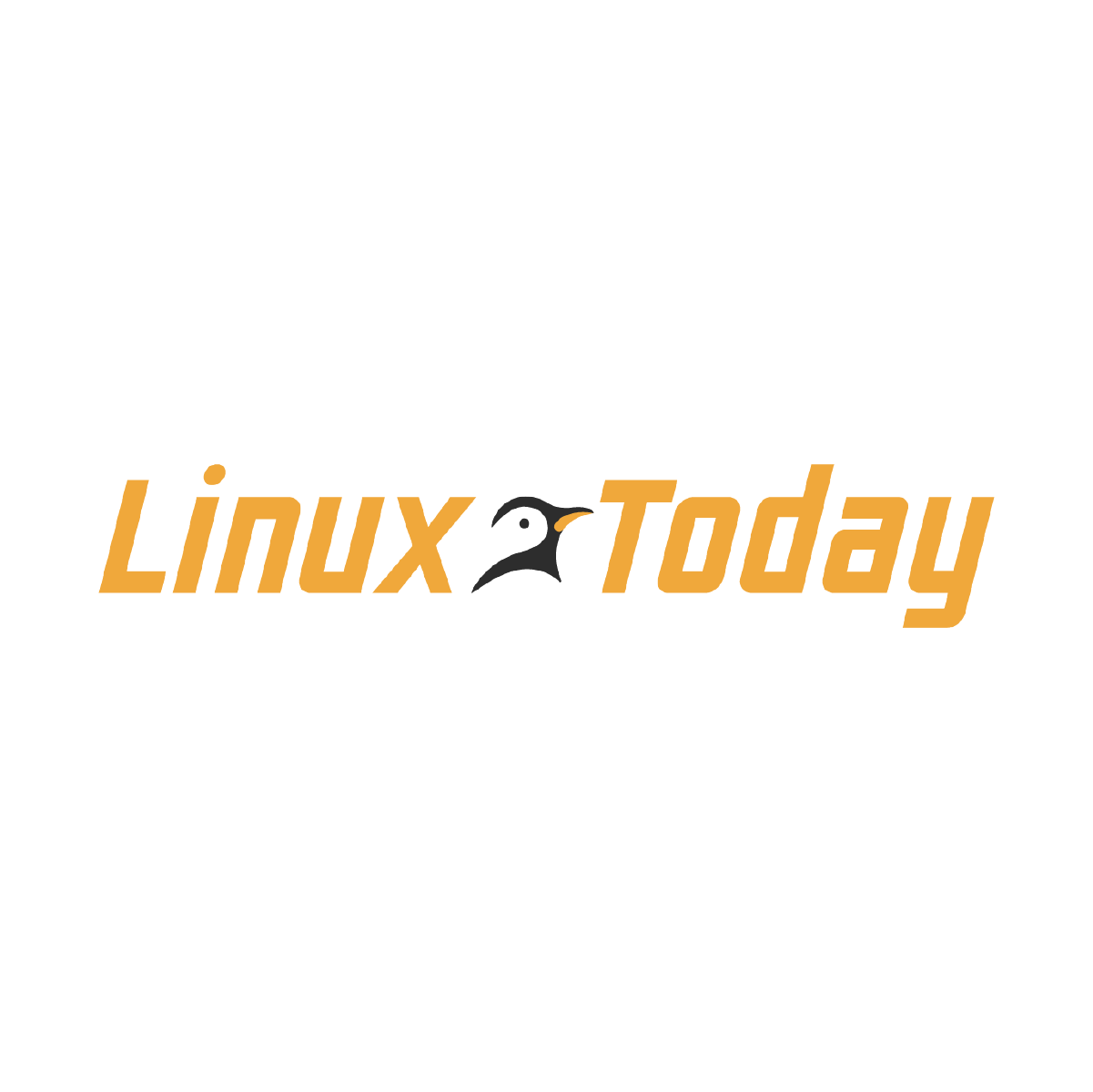OpenSSH, the open-source implementation of the Secure Shell protocol, has once again split into two separate projects. The latest development in this ongoing saga is the unveiling of a new authentication binary that aims to improve security and flexibility for users.
The split originated in 1999 when OpenBSD developers forked the original codebase to create OpenSSH, which has since become the de facto standard for secure remote access to servers. However, over the years, disagreements within the OpenSSH community have led to further splits, resulting in multiple independent projects that all strive to improve upon the original software.
The latest split comes from a group of OpenSSH developers who are focusing on improving the authentication process. They believe that the current implementation of authentication in OpenSSH is lacking in both security and flexibility, and have therefore created a new authentication binary to address these issues.
The new authentication binary, known simply as “auth”, is designed to be more modular and extensible than the existing authentication mechanisms in OpenSSH. It allows users to easily plug in different authentication methods, such as multi-factor authentication or biometric authentication, without having to modify the core codebase. This modular approach not only increases security by enabling stronger authentication methods, but also allows for more flexibility in configuring authentication policies.
In addition to the new authentication binary, the group behind this split is also working on other enhancements to OpenSSH, such as improved key management features and better integration with modern identity and access management systems. They aim to create a more robust and user-friendly secure remote access solution that meets the needs of today’s organizations.
Despite the ongoing fragmentation of the OpenSSH community, the split and the introduction of the new authentication binary demonstrate the continued commitment of developers to improving the security and usability of this essential software. While it remains to be seen how these new developments will be received by the broader community, they are a testament to the innovative spirit that drives open-source software development.
